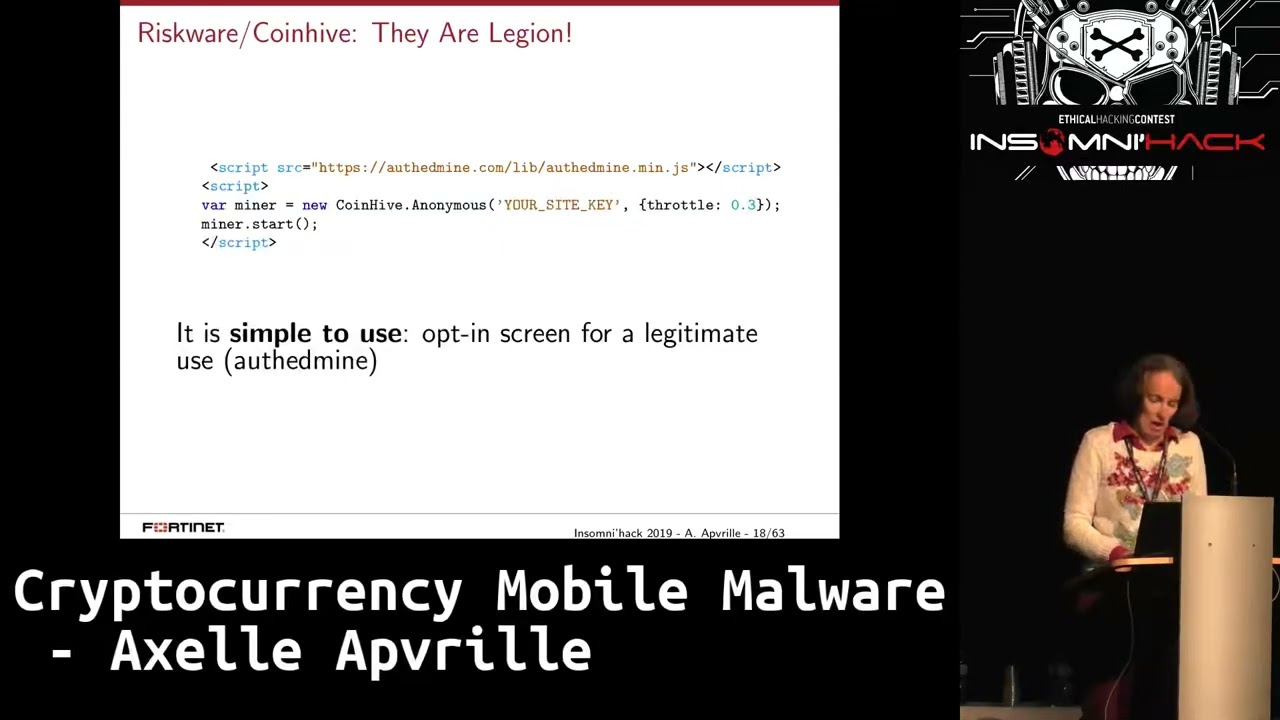Tag Archive for: Information
Russia’s Unconventional Warfare: Moscow’s domination of the Information Space
/in Internet Security
U.S. intelligence and defense services, as well as the Office of the Director of National Intelligence (ODNI) 2023 Threat Assessment recognize China and Russia as the two greatest threats to U.S. national security. The U.S. has more firepower than either of the two and is a member of the world’s most powerful military alliances NATO, Aukus, and the Quad. Consequently, the U.S. would have a distinct advantage in a direct conflict. However, direct conflict remains a future possibility. Meanwhile, Russia and China have both been attacking the U.S. through unconventional warfare for decades. Because Russia is better at understanding American language and culture, and owing to their vast experience, dating back to World War II, arguably, Russia tends to be more effective at unconventional warfare than China.
George Kennan, the father of the containment policy, defined unconventional warfare as “the employment of all the means at a nation’s command, short of war, to achieve its national objectives.” Unconventional warfare can be military or quasi-military operations, other than conventional, direct warfare. Called the Gray Zone, an area between peace and conflict, unconventional warfare can include the use of covert forces or guerilla warfare in a hot conflict. Proxy wars, such as those fought in Vietnam and Korea would be examples of a conflict between the United States and the USSR which did not involve overt, direct combat between the two. More recent examples would be the Syrian Civil War, where Russia provided military support to the government of President Bashar al-Assad, while the United States was backing various opposition groups. Similar indirect conflicts have taken place in Yugoslavia and Kosovo, as well as Georgia. The most obvious example today is the Ukraine war. Although the direct combatants are Russia and Ukraine, the war can be seen as a great-power struggle between the U.S.-led west and the Russian Federation, although no U.S. troops have taken part.
In addition to backing local forces and actively engaging in combat operations, Russia also deploys the Wagner mercenary group into conflicts around the world. Wagner supports the Kremlin’s objectives, often…
Hack on Transportation Systems Exposes Employee Information
/in Internet Security
The Department of Transportation’s administrative systems were hacked, exposing the data of hundreds of thousands of employees, the agency confirmed on Monday.
According to Reuters, the agency notified Congress about the hack late Friday. Transportation confirmed the breach exposed the personal information of approximately 237,000 current and former agency employees.
The affected administrative systems were used, for example, to process employee transit benefits. The agency noted that the breach did not affect any transportation safety systems.
Transportation’s Office of the Chief Information Officer is investigating the breach, “with the support of other federal agencies, including CISA,” an agency spokesperson told Nextgov in an emailed statement. ”The OCIO is addressing the breach and has suspended access to relevant systems while we further investigate the issue, and secure and restore the systems.”
It is unclear who is behind the cyber attack, how it occurred and when it was first discovered.
“In an era where the federal government is asking the private sector to do more in terms of cybersecurity, the Department of Transportation breach shows the government needs to follow its own lead and better protect its own systems,” Brandon Pugh, director of Cybersecurity and Emerging Threats at the R Street Institute, told Nextgov in an emailed statement. “All data breaches are concerning, but there are particular risks with information on federal employees being made public. The information could be used to target the impacted federal employees or to carry out future attacks, depending on the precise data that was breached.”
“Cyber attackers require a single vulnerability to infiltrate an organization’s network, highlighting the critical importance of fortifying individual systems during a data breach,” Amit Bareket, CEO and co-founder of Perimeter 81, told Nextgov in an emailed statement. “In today’s rapidly evolving digital landscape, malicious actors continually devise novel techniques to target organizations and exploit their invaluable resources.”
Bareket noted that “individuals who were affected by the U.S. Department of Transportation data breach…
‘Juice jacking’ hackers can steal your information from USB ports in public places
/in Computer Security
NORTH TEXAS (CBSNewsTexas.com) — If you’ve charged your phone with USB ports in public places, the FBI is warning you about what they’re calling “juice jacking.”
Juice jacking is when hackers load malware onto charging stations at libraries, hotels and airports, and steal your personal information.
Cyber security experts say it can be hard to detect from just looking at them, and that all it takes is plugging in your phone. In seconds, the malware can steal information from your device while it’s being charged.
A local IT expert told CBS News Texas that this is rare, but if it happens to you, there’s a lot of information they can steal.
“Think about all the data and all the types of information that you keep in your cell phone on a daily basis. You have your personal contacts…your business email is probably on your cell phone,” said Kenny Riley, a technical director for Velocity IT.
Riley also said that you may not even know you’re a victim because your device likely won’t have a pop-up notification saying it’s happening, unlike a computer virus.
CBS News Texas reached out to both DFW International Airport and Dallas Love Field for comment:
DFW International Airport:
“DFW Airport’s USB ports are ‘charge only,’ not part of a network, and are inspected regularly for signs of tampering. Travelers are always encouraged to inspect USB charging ports before using them and look for signs of unusual adapters or anything suspicious, and to report anything unusual to airport staff.”
Dallas Love Field:
“DAL has not had any reported or confirmed cases of malicious software detected in the airport’s USB ports/outlets. We also do not have standalone phone charging stations.
DAL electrical technicians inspect outlets and USB ports nightly and report any unusual devices or evidence of tampering. Passengers are encouraged to do the same before their usage. As always, we urge…



